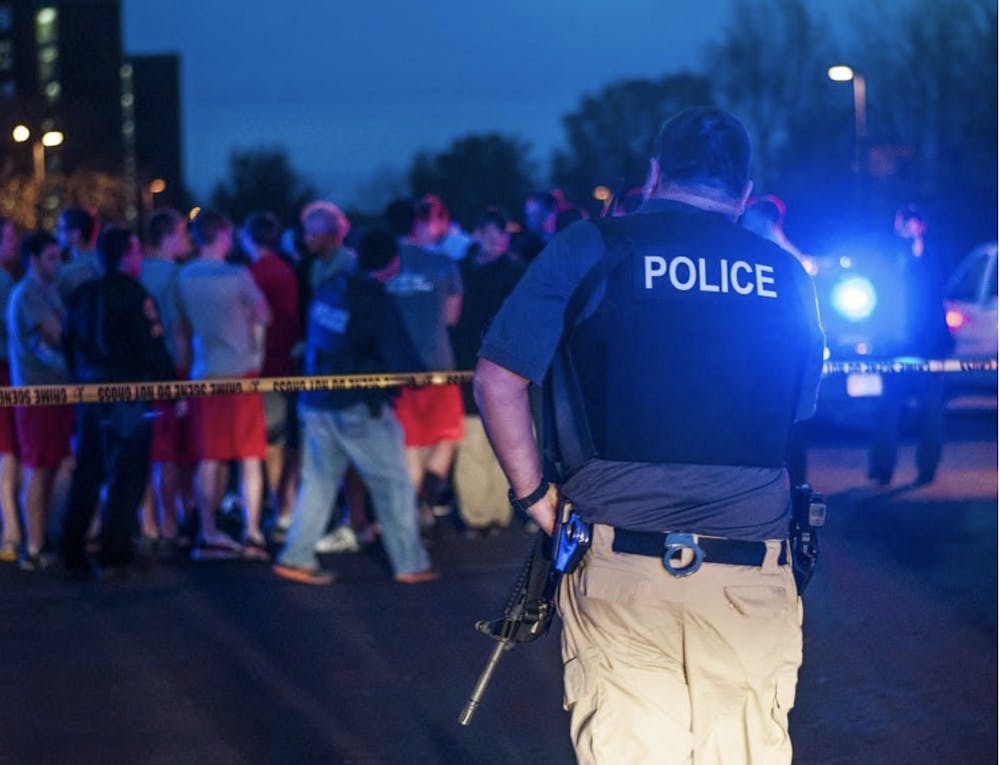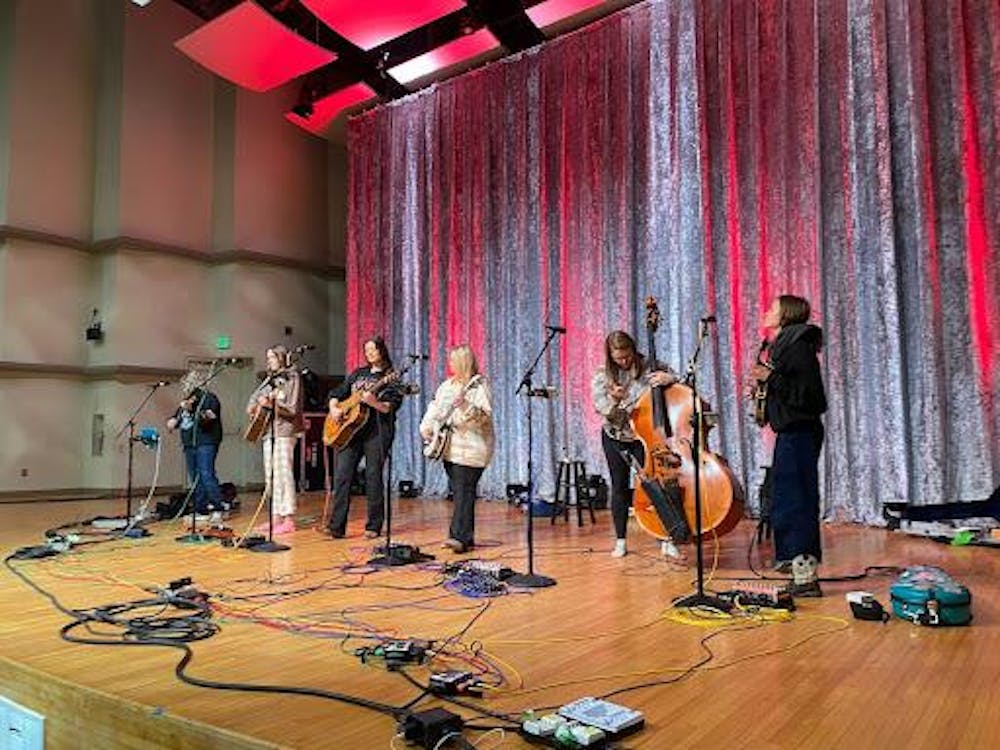MUNCIE, Ind. (NewsLink Indiana) — It’s a scene that has played out across the country far too often. Devastating crime scenes unlike any other, with police and armored vehicles surrounding schools, churches and places of work. Seeing the pictures on television, and without even looking at the graphic at the bottom of the screen, you can just tell the tragedy that unfolded—another mass shooting making headlines.
In light of the tragedies that have taken place within only the first five months of 2023, feelings of frustration, helplessness and anger seem to drag many spirits down. Each time an event happens, millions argue on social media and on a debate stage where the issue stems from. On both sides of the debate, many have argued that guns are the problem, while others argue that an under-discussed mental health epidemic is what needs to be addressed.
Dr. Sam Zand, a licensed psychiatrist, Chief Medical Officer at Better U and Founder of the Anywhere Clinic, argues that it is a mental health epidemic that needs to be addressed.
Dr. Zand has seen his fair share of mental health needs, citing his work with various departments on traumatic events such as being on the front lines of one of the nation’s most deadly mass shootings, the Las Vegas Massacre of 2018.
“I’ve worked with different police departments–fire and rescue–it’s obviously very tough to talk about these things after they happened. We’ve been doing this work for years,“ said Dr. Zand. “My hometown of Las Vegas. We had obviously a very severe shooting in 2018, and dealing with this really takes an emotional understanding of how to connect with people, both on the criminal side and on the victim side. It starts with just compassion, love and understanding.”
As of May 1, 2023, there have been a total of 184 mass shootings in the United States in the year 2023. The latest casualties took place just days ago in Cleveland, Texas where according to police, a gunman killed five people including a child.
Tragedy after tragedy, people often are left wondering if this has anything to do with mental health.
According to a 2021 study done by the Columbia University Department of Psychiatry, researchers suggested that a link between severe mental illness and mass shootings is often misrepresented.
Research was done by researchers looking at more than 14,000 mass murders around the world from 1900 to 2019. They gathered information on the perpetrators, including demographics, legal history, drug and alcohol use and history of mental illness. The researchers also noted whether firearms were used and what type.
The study concluded that policies aimed at preventing mass shootings by only focusing on serious mental illness may not be effective. Instead, policies targeting firearm access, drug and alcohol misuse, legal history, and other mental health issues could be more effective in preventing these types of tragedies.
Dr. Zand says he looks deeper than just politics of mass shootings and instead suggests this could be a national mental health emergency.
“This is an emotional, psychological issue that for most stem from childhood,” says Dr. Zand. “I think we need to step up as a society. And in the last few years it's been really difficult. We've had to deal with COVID and social injustice and political division, and all of these things are leaving an imprint on our younger children, adolescents and young adults.”
Meanwhile, the worry of tragedy in school environments continues to be top of mind for educators, parents and students. Teachers across the country are working with school psychiatrists to help ease anxiety for students who are impacted by news of school shootings.
Jennifer Emkow is an English/language arts teacher at Riley High School in South Bend, Indiana, and says she’s usually the teacher some students go to for a helping hand. Often, Emkow refers students to the school psychiatrist for further expert help.
“When someone is angry and they're dark or in a dark spot, you do try to help them talk things out, but sometimes they're already resolute and they're just going to shut down,“ said Emkow. “What I have told my students when we've had open discussion…If it's fresh in the news, especially if they're really concerned, we always bring it up. If they're really concerned, I immediately take them to the social worker because she has her resources. I can be an ear. I cannot give advice.”
Although Emkow says she is prepared for an emergency at any given moment, she says she feels safe in her environment.
“I trust my colleagues, I trust my environment,” says Emkow. “I feel incredibly safe here. It is a case by case basis.”
Research shows that school shootings negatively affect the mental health and education of students who have survived a school shooting. In a study analyzing 44 U.S. school shootings from 2008 to 2013, researchers looked at the impact on youth antidepressant use.
The study compared the number of antidepressant prescriptions written by healthcare providers within five miles of a school where a shooting occurred with those written by providers 10 to 15 miles away, both before and after the shooting.
The results showed that the average monthly number of antidepressant prescriptions for youth under 20 years old written by providers near schools that experienced a fatal shooting was 21.3% higher than those written by providers located farther away in the two to three years following the shooting than in the two years before.
“Our emotions are there for a reason. Let's not push them aside,” says Dr. Zand. “They're there to teach us and guide us and show us that if we're uncomfortable, there's something underlying there that we need that needs more attention. And so, to be able to talk about that with our family members, our communities, especially our children, to relate that this is such a tragedy and this is not something that should be normalized.”
If you or someone you know is struggling with thoughts of suicide, please reach out to the National Suicide Prevention Lifeline at 988 for support and resources.
Contact Alex Almanza with comments at aalmanza@bsu.edu












